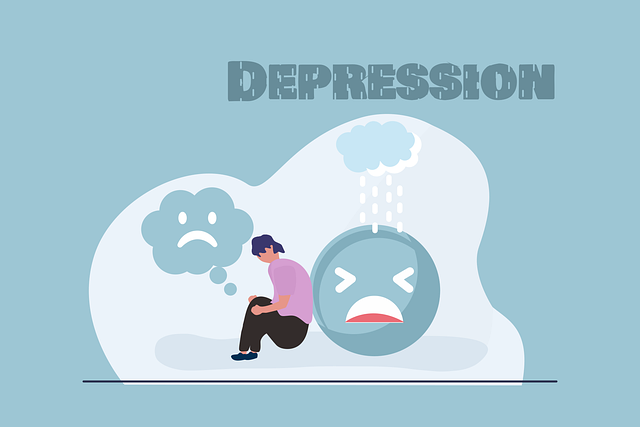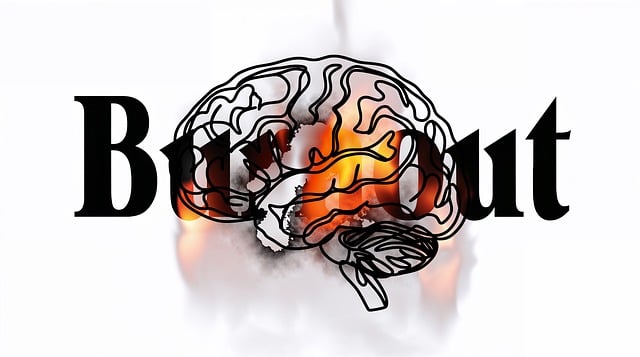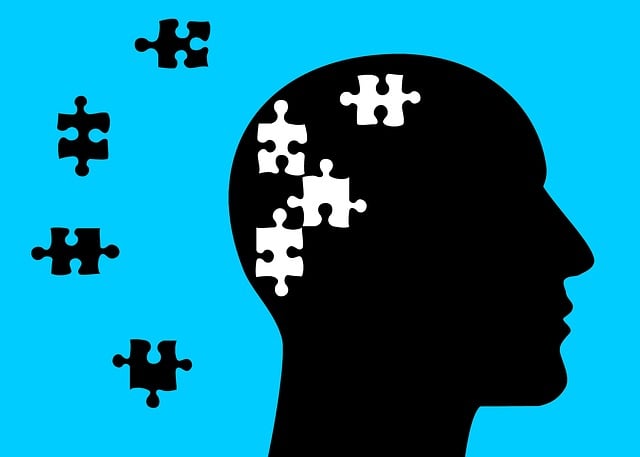Centennial Stress Management Therapy emphasizes understanding group dynamics for successful mental wellness facilitation. By recognizing individual experiences and perspectives, therapists create a supportive environment encouraging active participation, open communication, and empathy development. Skilful navigation of these dynamics enhances stress management techniques, fostering resilience and easier navigation of life's challenges. Through structured group sessions, interactive activities, and Empathy Building Strategies, the therapy promotes deep communication, strengthens connections, and prevents depression, ultimately improving participants' mental wellness.
Mental wellness group facilitation is an art that fosters collective support and individual growth. In today’s fast-paced world, understanding group dynamics and implementing effective strategies are crucial for facilitators aiming to enhance mental well-being. This article explores key techniques, including Centennial Stress Management Therapy, to create a harmonious environment. We delve into engaging communication strategies and highlight the importance of safety and support, offering valuable insights for facilitators to lead successful group sessions.
- Understanding Group Dynamics for Effective Facilitation
- Centennial Stress Management Therapy: A Framework for Group Sessions
- Engagement Strategies to Foster Open Communication
- Creating a Safe and Supportive Environment for Mental Wellness Groups
Understanding Group Dynamics for Effective Facilitation

Understanding group dynamics is a cornerstone for effective facilitation, especially in the context of Centennial Stress Management Therapy. When facilitating a mental wellness group, recognizing and leveraging the unique interactions between individuals fosters a supportive environment conducive to emotional well-being promotion techniques. Each participant brings their own experiences, perspectives, and challenges, creating a diverse tapestry where shared struggles can lead to profound connections.
Effective facilitators navigate this dynamic landscape by encouraging active participation, fostering open communication, and cultivating empathy among group members. This involves implementing self-care routine development strategies for better mental health, ensuring everyone feels heard and respected. By managing group dynamics skillfully, facilitators can enhance stress management techniques, enabling participants to build resilience and navigate life’s challenges with greater ease.
Centennial Stress Management Therapy: A Framework for Group Sessions

Centennial Stress Management Therapy offers a comprehensive framework for facilitating group sessions focused on mental wellness. This approach emphasizes creating a supportive and inclusive environment where participants can openly discuss their experiences while learning effective coping mechanisms. Through interactive activities, members share personal stories and gain valuable insights from one another, fostering a sense of belonging and understanding.
The therapy incorporates Empathy Building Strategies to strengthen connections among group members. By encouraging active listening and perspective-taking, facilitators promote a deeper level of communication, allowing individuals to express their feelings and challenges without judgment. Additionally, Centennial Stress Management Therapy incorporates Communication Strategies aimed at enhancing open dialogue, ensuring everyone has a chance to contribute and feel heard. This inclusive approach not only aids in Depression Prevention but also empowers participants with the tools to manage stress and improve overall mental health.
Engagement Strategies to Foster Open Communication

In facilitating mental wellness groups, engaging participants and fostering open communication are key strategies for successful therapy sessions. One effective method is to encourage active listening and non-judgmental environments, creating a safe space where individuals feel comfortable sharing their experiences and thoughts. This can be achieved through icebreaker activities designed to build camaraderie and trust among group members. By incorporating these activities into the session structure, facilitators can help participants connect on a personal level, making them more receptive to discussing mental health challenges and exploring stress management techniques, such as those taught in Centennial Stress Management Therapy.
Additionally, leveraging Mental Wellness Podcast Series Production methods to incorporate storytelling and real-life examples can make sessions more engaging and relatable. Presenting case studies or sharing relevant anecdotes not only adds variety but also helps individuals see themselves reflected in the discussions. This approach aligns with the design of Mental Health Education Programs, promoting a deeper understanding of various stress reduction methods and their applicability in daily life. Through these strategies, facilitators can create an inclusive atmosphere that encourages honest dialogue, ultimately enhancing the overall mental wellness of group participants.
Creating a Safe and Supportive Environment for Mental Wellness Groups

Creating a safe and supportive environment is paramount for effective mental wellness group facilitation. This begins with establishing clear boundaries and ground rules that emphasize confidentiality, respect, and non-judgmental attitudes. As a facilitator, it’s crucial to model active listening, empathetic understanding, and open communication strategies to foster trust among members. Encouraging honest dialogue while creating a sense of belonging can help participants feel comfortable sharing their experiences and emotions.
Integrating social skills training within group sessions further enhances this supportive atmosphere. By teaching and reinforcing appropriate interaction techniques, facilitators enable members to build connections, improve peer support, and develop effective communication strategies. This aspect is especially significant in promoting mental health education programs design that prioritize holistic well-being. For instance, Centennial Stress Management Therapy often leverages such environments to help individuals manage stress, anxiety, and other mental health challenges through collaborative learning and mutual aid.
Group facilitation techniques, particularly those inspired by Centennial Stress Management Therapy, are crucial in fostering open communication within mental wellness groups. By understanding group dynamics and creating a safe, supportive environment, facilitators can enhance engagement and enable meaningful connections among members. These strategies not only promote individual healing but also build a sense of community, ensuring that each person feels valued and supported on their journey to better mental health.














